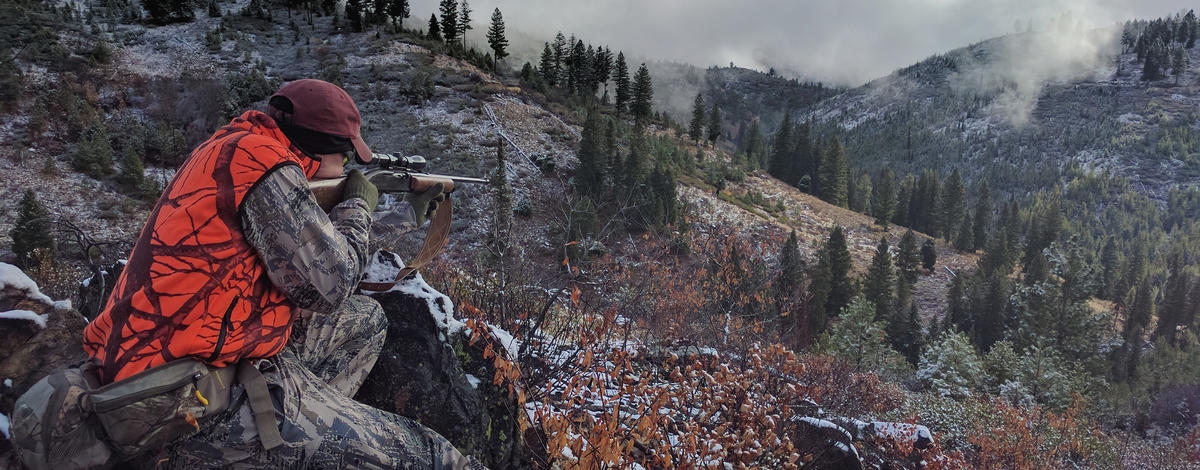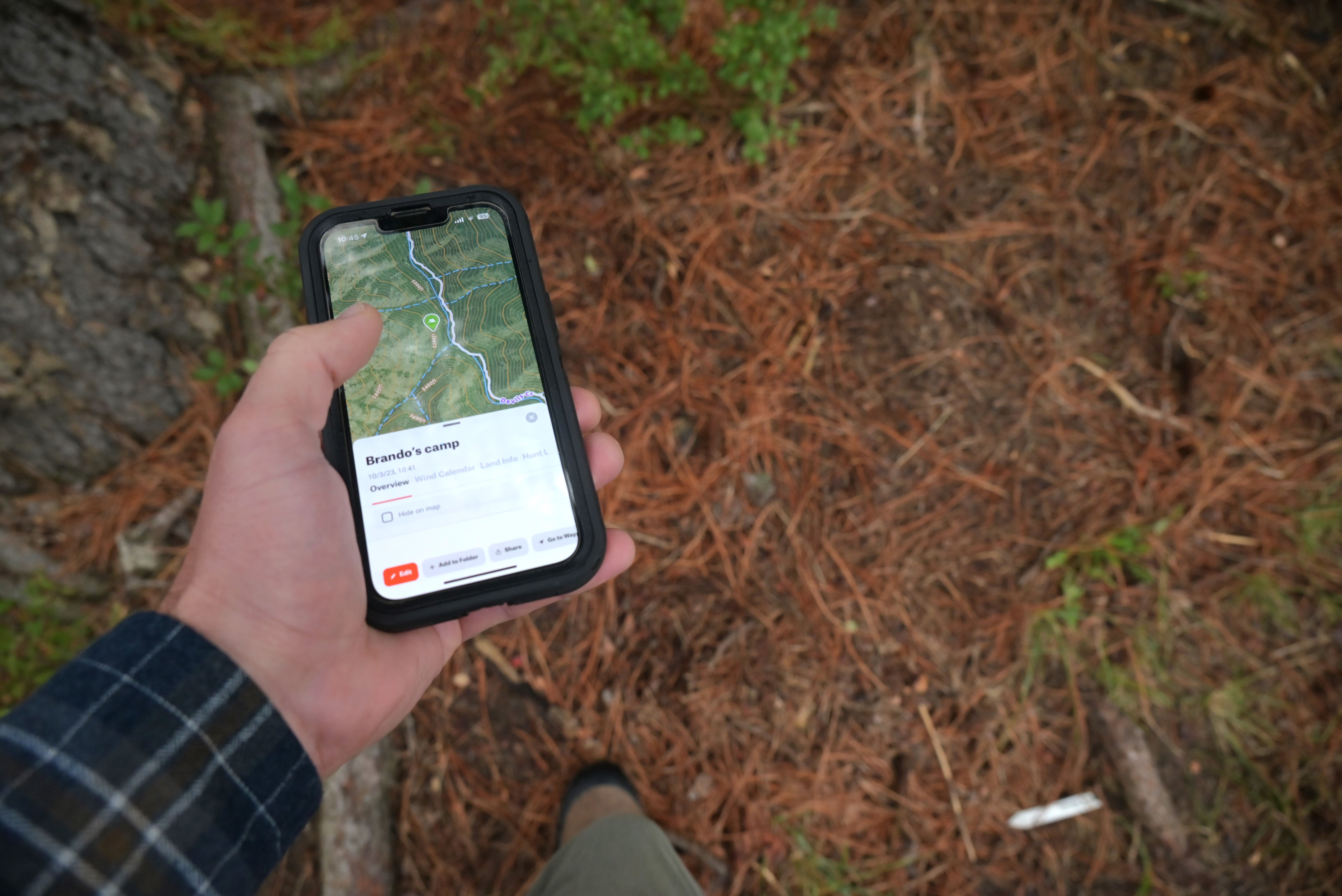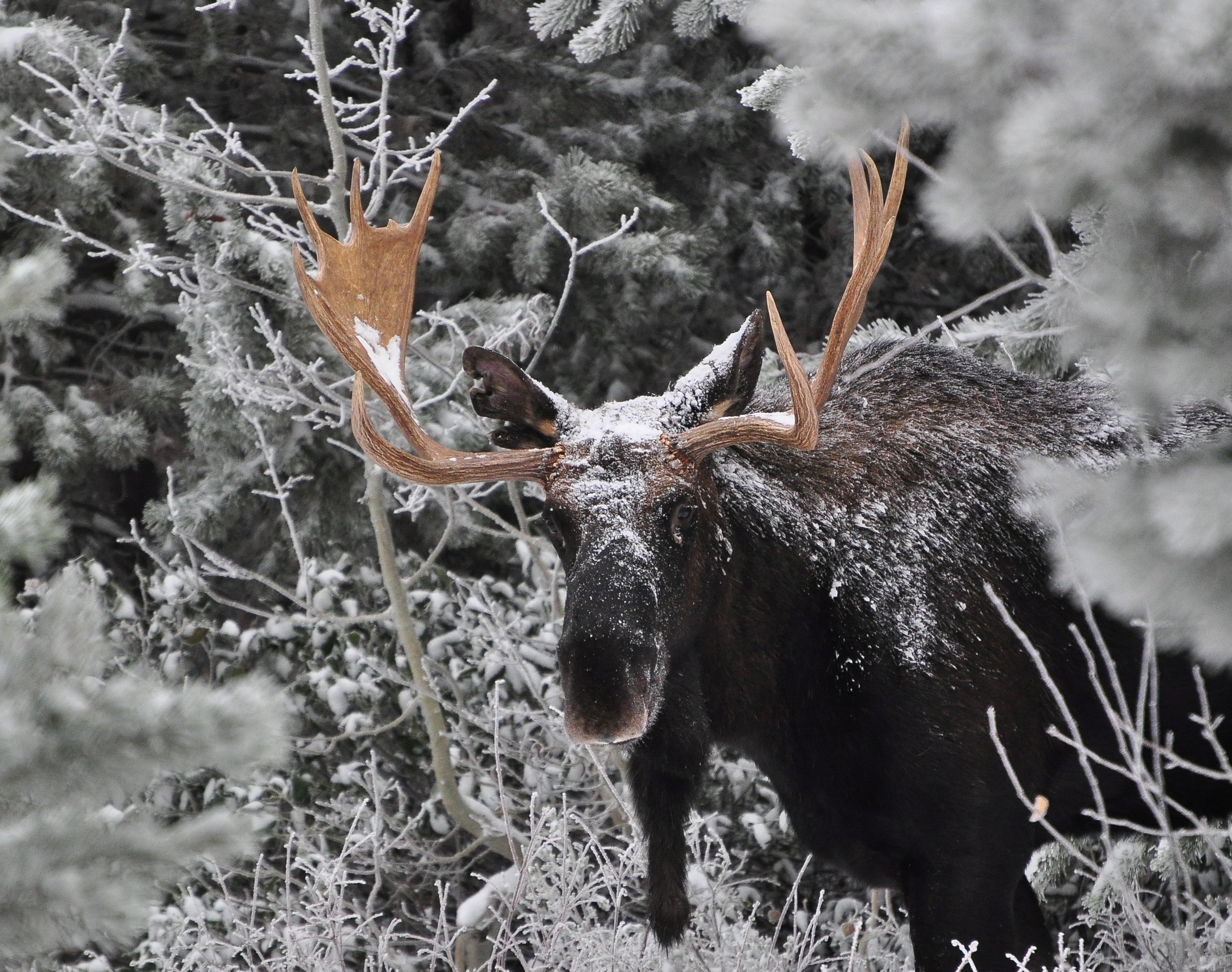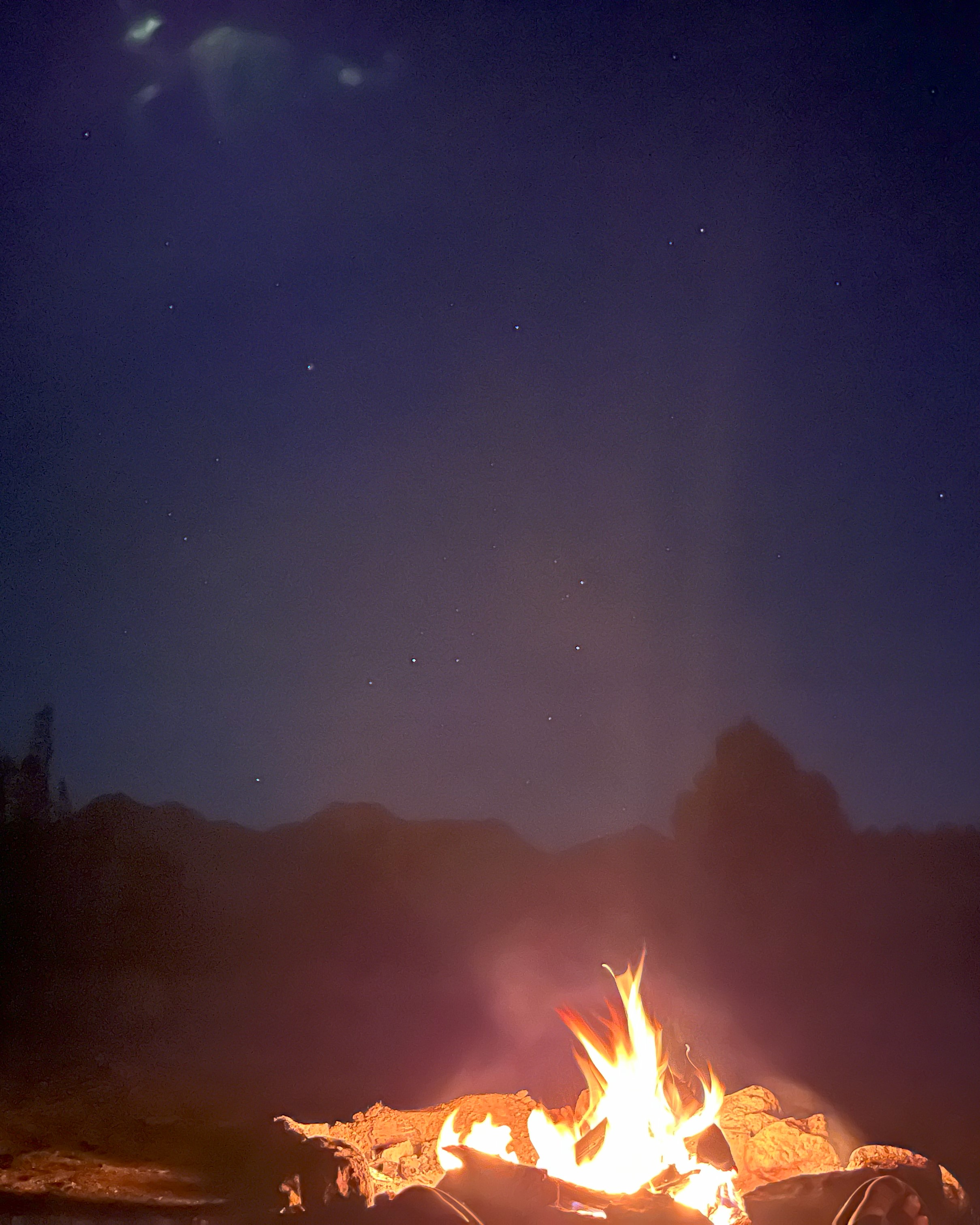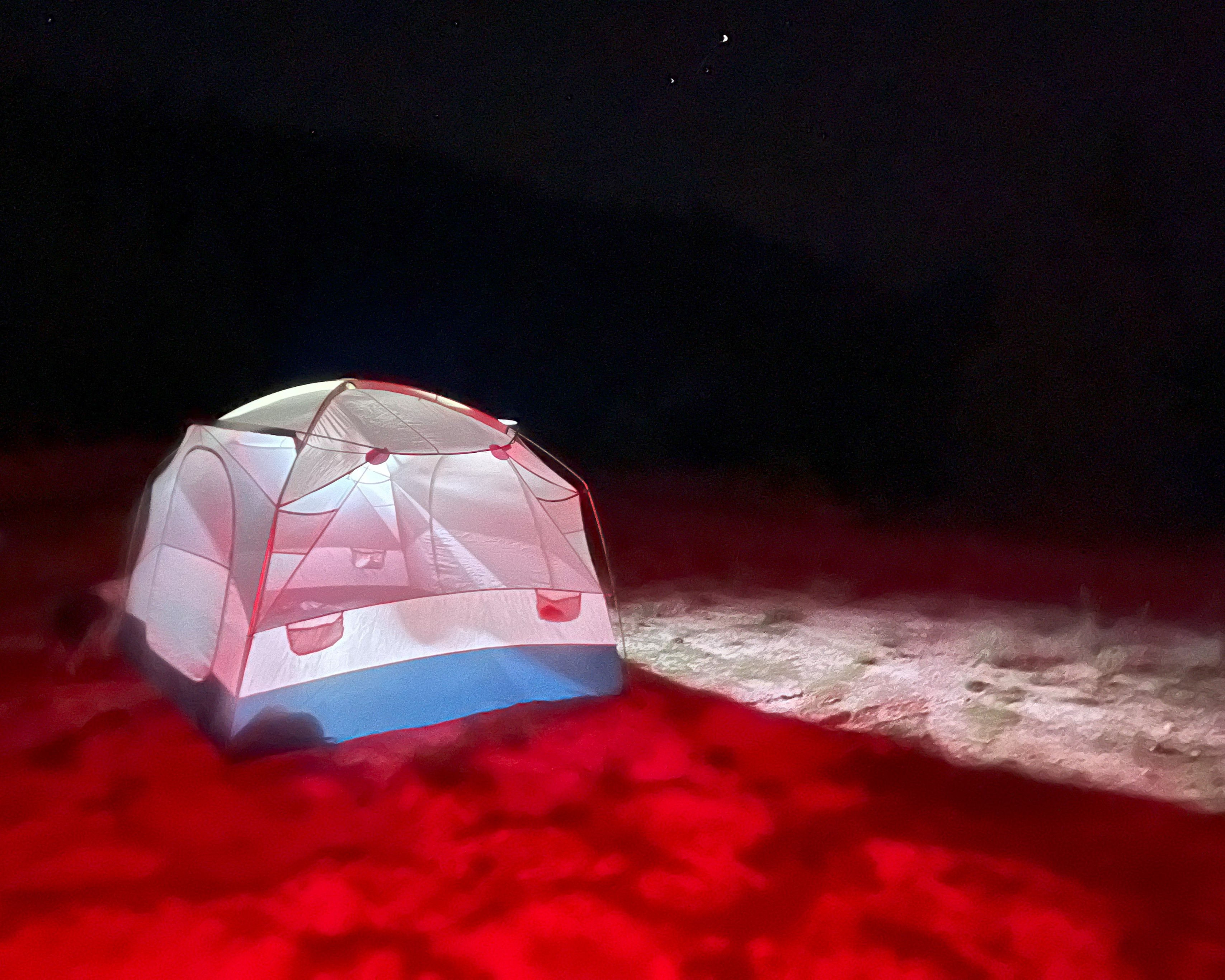Every hunting season, hunters get lost in the woods, and while most escape no worse than tired, chilled, and hungry, the hazards of being lost in Idaho's woods shouldn't be underestimated.
Hunters can take precautions and prepare for unexpected situations in the woods.
Know the area you're hunting
Always be conscious of your surroundings, prominent points, river or creek drainages, and occasionally turn around and look behind you so you will remember what it looks like when you're coming back. If you're on a trail, don't hesitate to put a temporary marker at intersections. Things can look different on your return—especially if you return in the dark.

